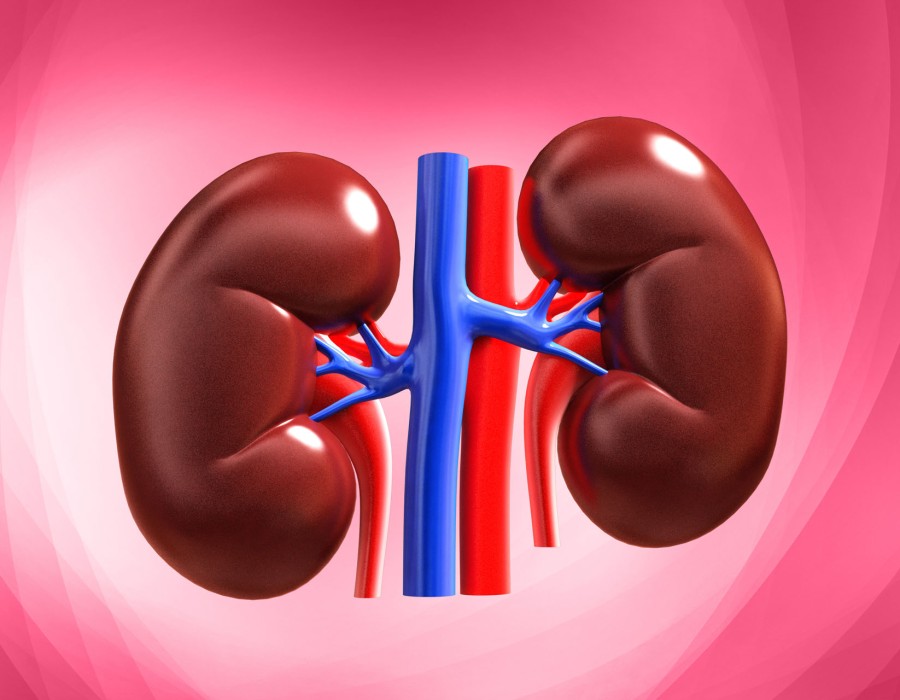Laser treatment for kidney stones is typically recommended when other conservative measures such as medication or traditional surgical techniques prove ineffective or unsuitable for the patient. Kidney stones are solid crystalline masses that form in the kidneys from substances in the urine. They vary in size and can cause intense pain and complications if not treated promptly.
Here are several scenarios where laser treatment may be recommended:
- Size and Location of the Stone: Laser treatment becomes necessary when the kidney stone is too large to pass naturally through the urinary tract or when it is located in a sensitive area that makes traditional surgery risky or less effective.
- Failure of Other Treatments: If medications and non-invasive procedures like extracorporeal shock wave lithotripsy (ESWL) have been attempted but failed to break down the stone adequately, laser treatment may be the next step.
- Symptoms and Complications: Persistent symptoms such as severe pain, recurrent urinary tract infections (UTIs), or kidney damage due to obstruction caused by the stone may necessitate more aggressive treatment like laser lithotripsy.
- Patient’s Health and Preference: Factors such as the patient’s overall health, medical history, and personal preferences play a significant role in determining the appropriate treatment. Laser treatment might be preferred by patients who want a minimally invasive procedure with faster recovery times compared to traditional open surgery.
- Complex Stones: Some kidney stones are particularly complex, with irregular shapes or compositions that make them resistant to other forms of treatment. Laser technology allows for precise targeting and fragmentation of even the toughest stones.
- Urgency of Treatment: In cases where there is an urgent need to remove the stone due to severe pain, infection, or risk of kidney damage, laser treatment may be chosen to quickly alleviate symptoms and prevent complications.
Laser treatment for kidney stones involves inserting a thin scope into the urinary tract (ureter) to locate and break up the stone using laser energy. The fragmented stones are then either removed directly or allowed to pass naturally through the urine.
It’s important for patients to consult with a urologist to determine the most appropriate treatment plan based on their individual circumstances. While laser treatment can be highly effective, the decision to proceed with it depends on a thorough assessment of the stone’s characteristics, the patient’s health, and their treatment goals.





Comments